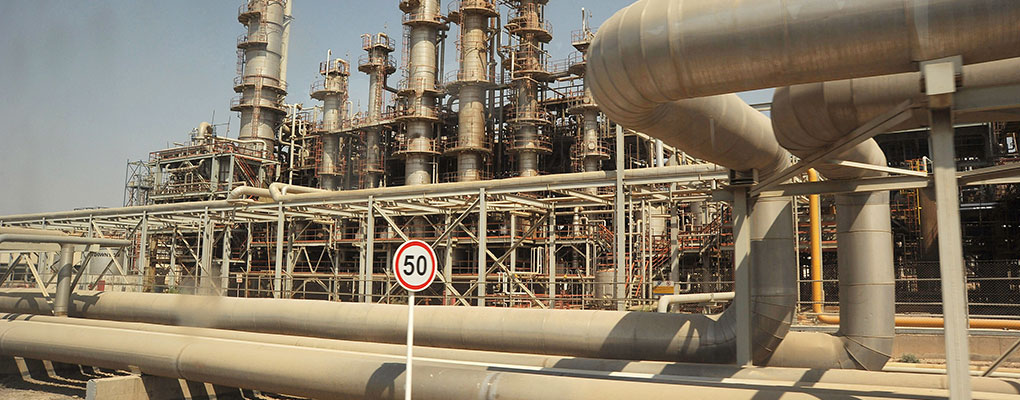
The softening of relations between Iran and western governments over the last six months could allow some of the world’s leading oil companies access to the country’s vast and untapped reserves, according to a senior Iranian official.
Mehdi Hosseini, the head of the Oil Ministry’s Oil Contracts Revision Committee, told a conference in London this week that government-linked Iranian oil companies could partner with international firms to fully develop the country’s reserves; something that has been banned since the 1979 revolution by the Revolutionary Guard.
Companies looking to enter the Iranian market in the coming months include Royal Dutch Shell, Total, and BP
The Revolutionary Guard – the military wing of the Iranian regime – has influenced many of the country’s industries for many years. It has been vehemently opposed to relations with the west, but that stance seems to be relaxing now that a deal has been struck over Iran’s nuclear capabilities.
Hosseini told reporters that the Revolutionary Guards had considerable experience in Iran’s engineering markets, and so it made sense for international oil companies to seek partnerships with them. “It depends on the quality and selection of the IOCs [international oil companies]. If the IOCs want to work with them, we have no problem. We are not going to interfere in the private negotiations between private companies and the IOCs on what kind of arrangement they have,” he told the FT.
Companies looking to enter the Iranian market in the coming months include Royal Dutch Shell, Total, and BP. With the country having huge resources of oil and gas, but comparatively outdated equipment to extract them, the time seems right for a partnership between western petroleum giants and Iran’s domestic players.
It also comes at a time when the global oil price has sunk to insustainably low levels, alongside difficult geopolitical troubles in traditional markets. The low price has led to Shell scrapping its drilling efforts in the Arctic as it was seen as not financial viable. However, Iran’s resources appear to be far easier to access, and once sanctions are lifted, Hosseini believes that production could increase by 500,000 barrels a day.


